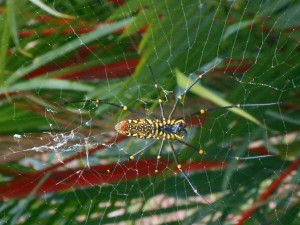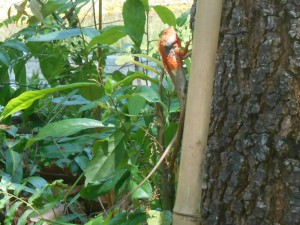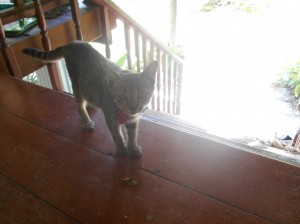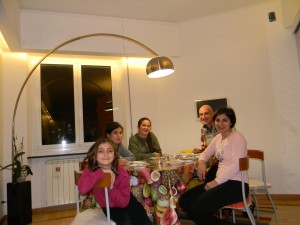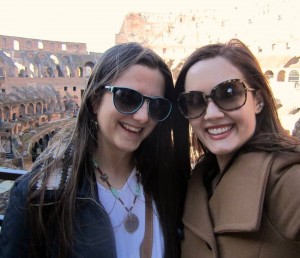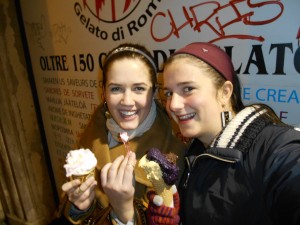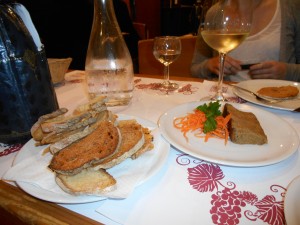The bathroom door in my new home is not quite in alignment with its frame and often takes some encouragement from my shoulder to properly close. When I do this quickly, there’s this fun little feature where my hair gets caught in the towel hook and yanks me back as I take a first step towards the toilet. “Well,” you might say, “Your life in Valparaíso must be pretty swell if your biggest problem is getting your hair pulled every now and then.” However, that is but the tip of the iceberg. Since coming here, there was a period of a few days in which there were three noticeable earthquakes (just temblors, not of the “terremoto” variety which threaten lives and property). As if waking up in the middle of the night to an extended shaking weren’t enough, I’ve had to learn to wear shoes at all times in the kitchen. Anyone who knows me can relate to how difficult this was, but after being shocked by the toaster, the toaster oven, and the microwave (which I just brushed my hand against reaching for the salt shaker) I was willing to sacrifice my toe freedom for that little rubber sole that insulates me from the ground and prevents that pesky electrical current from passing through my body.
Even considering the perils of electric shock from kitchen appliances, of earthquakes, of buses that start moving while passengers are in the middle of getting on or off, my situation here is much safer than many places I’ve been to, inside or outside the United States. My Spanish is far from perfect, but I’m getting over my fear of saying the wrong thing and now I feel comfortable in most conversations. So in this world of sun and beaches and steep hills and fast talkers, where are the challenges? Well, there is certainly much to learn about going with the flow, when classes are cancelled or moved without notice, when plans change or a given time can really mean half an hour later. There is much to learn about finding my way, waving down buses as they get close enough to read their signs and hoping they have time to brake, squeezing past others to press the “stop button,” navigating the hills and stairways and ravines and elevators on foot. Here’s one thing I’ve learned and was thinking about today as I walked with my host brother down the hill to hop on a bus going to some undisclosed location (I told him I wanted to see someplace new in the city, and he brought me to the sand dunes in Concón): that one of the great values of studying abroad is that it makes one aware of the best ways to live, anywhere. So many of the pieces of advice that I have heard from people, or read in the study abroad handbooks, are guidelines like: Don’t judge without giving yourself time to think and to understand something new; don’t assume that because something is different than what you are used to it is worse. Be open to new things, to trying every new food at least once, and to making new friends across language and cultural barriers. Do your best to respect the values and way of life of your family, communicate with them about any problems you are having, and remember to show them your appreciation. Find ways to be involved, in your home, in your school, and in your community. These are all pieces of advice that are necessary to keep in mind and follow for a successful time abroad, but they apply equally well to creating a fulfilling life. Any student who truly takes these to heart will bring their study abroad toolkit with them back home, where the challenges and dangers may be more familiar, but nevertheless where it is always good to practice openness and respect and the endless pursuit of learning.


